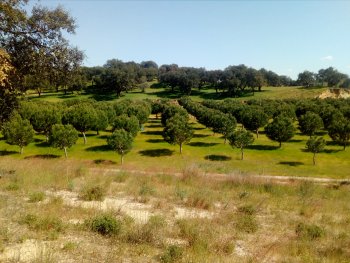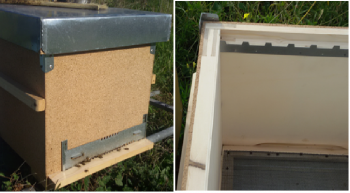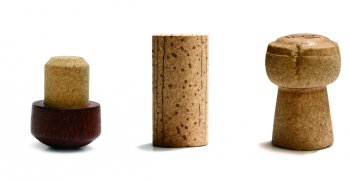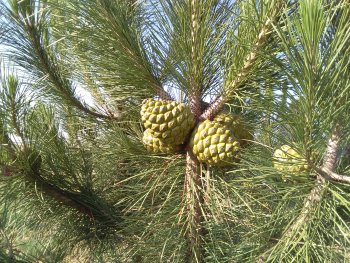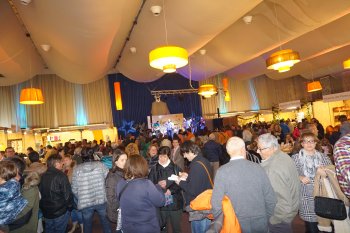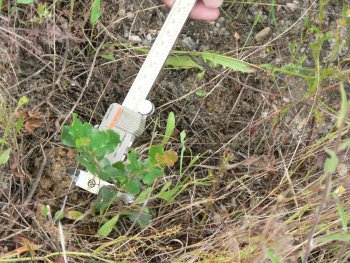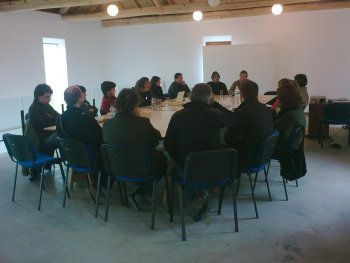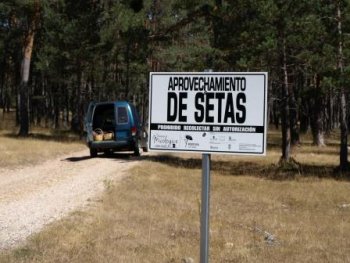Silvo-pastoral systems in southern Portugal: management challenges from the owner's perspective
Silvo-pastoral systems are quite common in the Alentejo region of south Portugal. Bringing together economic profitability and ecological sustainability is challenging and requires a conscientious management.
We present the example of a young forest owner who manages a farm in south Portugal composed of a mixture of cork oak and stone pine grazed by cattle.
The recognition of severe soil degradation problems and the effort in its recovery has been the priority of this owner. The management options carried out in the last 15 years are now positively reflected...

